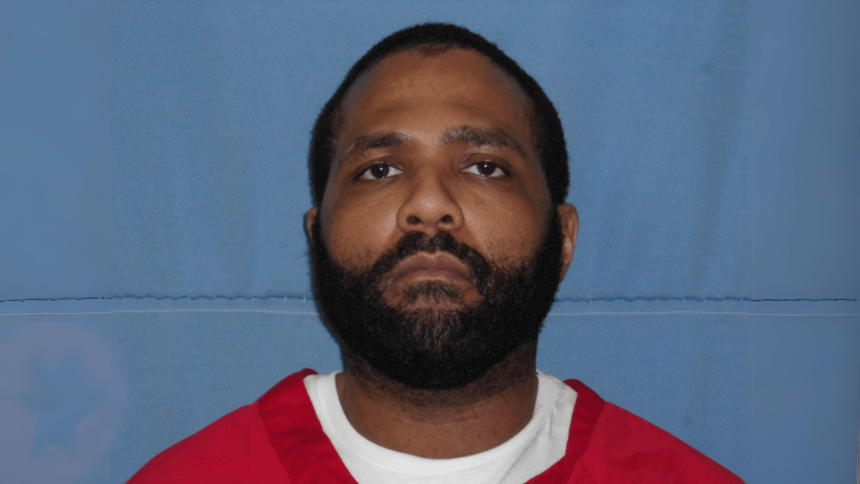The Mississippi Supreme Court has voted to uphold the conviction of a Bogue Chitto man who killed eight people in 2017.
Willie Godbolt was sentenced to death in 2020 for the murders of four individuals and was also given life sentences for the deaths of the other four individuals. The victims were killed at three different locations in Lincoln County over a two-day span. Godbolt appealed his sentences.

In November 2023, the state’s high court heard arguments from the killer’s designated attorney and determined that there was sufficient evidence to uphold his current conviction.
The 41-year-old was taken into custody for the Memorial Day weekend shooting that began on May 17 at 11:30 p.m. at a house in Bogue Chitto, which resulted in three women and 36-year-old sheriff’s deputy, William Durr, receiving fatal wounds.
According to police, the shooting started after Godbolt’s wife, Sheena May, refused to return his children to him. May and her daughter had recently moved out of their shared house but escaped before the incident began.
Officials then found two males dead in another home in Brookhaven before discovering a man and female shot to death at a third residence. Authorities later released that the three women found in the first location had been identified as May’s mother, aunt, and sister.
Altogether, Godbolt was accused of taking the lives of Durr, Barbara Mitchell, Brenda May, Toccara May, Austin Edwards, Jordan Blackwell, Ferral Burrage, and Sheila Burrage.
In his appeal, Godbolt claimed that he was not given a fair trial. The criminal called for his trial to be moved from Lincoln County to DeSoto County, claiming he would not be given fair treatment in the county where the crimes occurred. A venue change was granted but to Pike County with jurors from DeSoto County.
Godbolt claimed that having the trial in Pike County was virtually no different than it being in Lincoln County given the two border one another. His attorney also called into question the presence of 12 jurors with direct ties to law enforcement. The majority of justices dismissed those concerns.
In addition, Godbolt claimed that he should not have been tried for all of the crimes at once. He argued that since the crimes took place in three separate scenes over several hours, the charges were separate and distinct, meaning the crimes were not interwoven.
The high court dispelled those claims, arguing that he had used the time in between murders to premeditate how the criminal activity would be conducted.
An execution date for Godbolt has not been set at this time.







